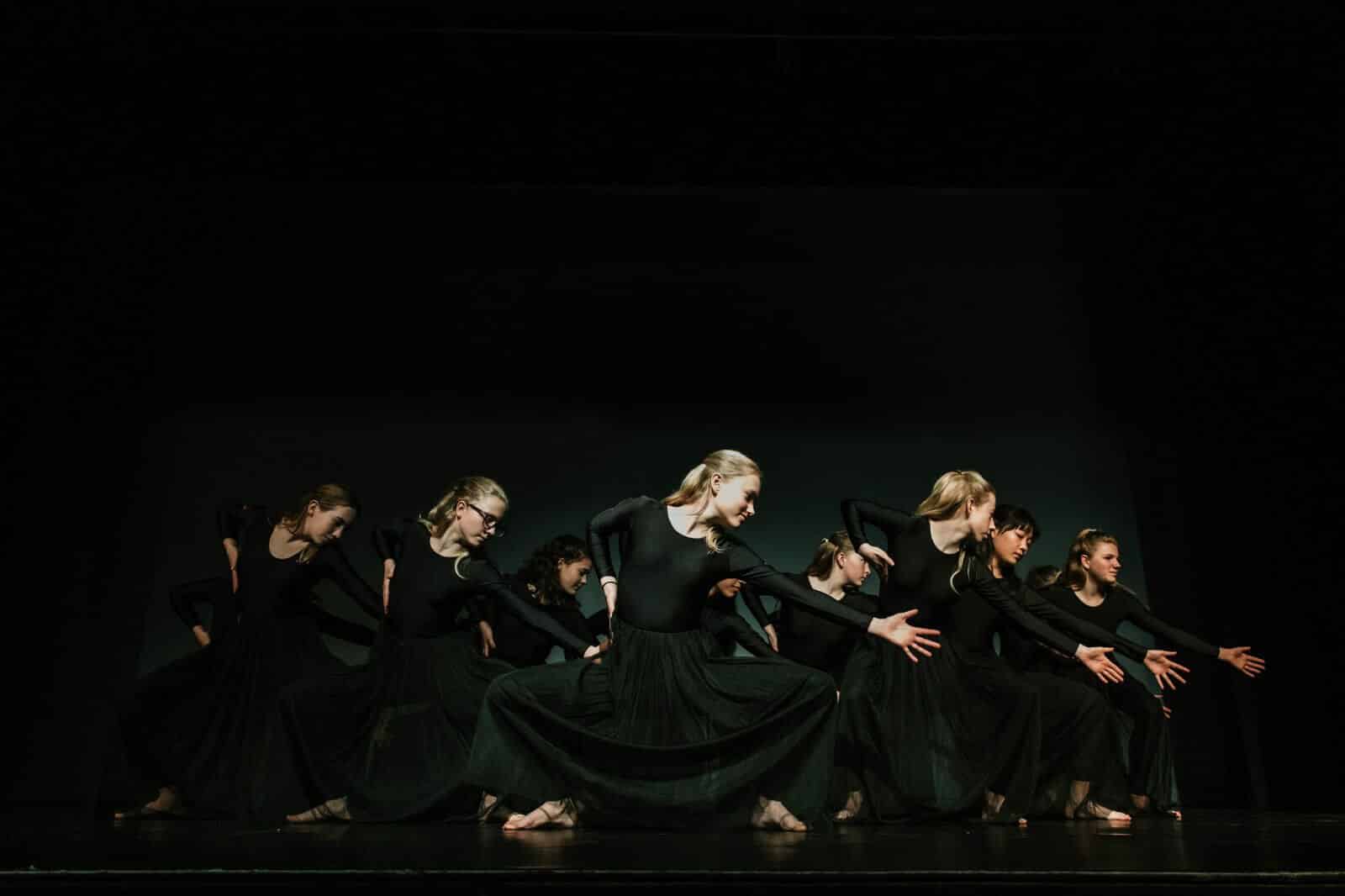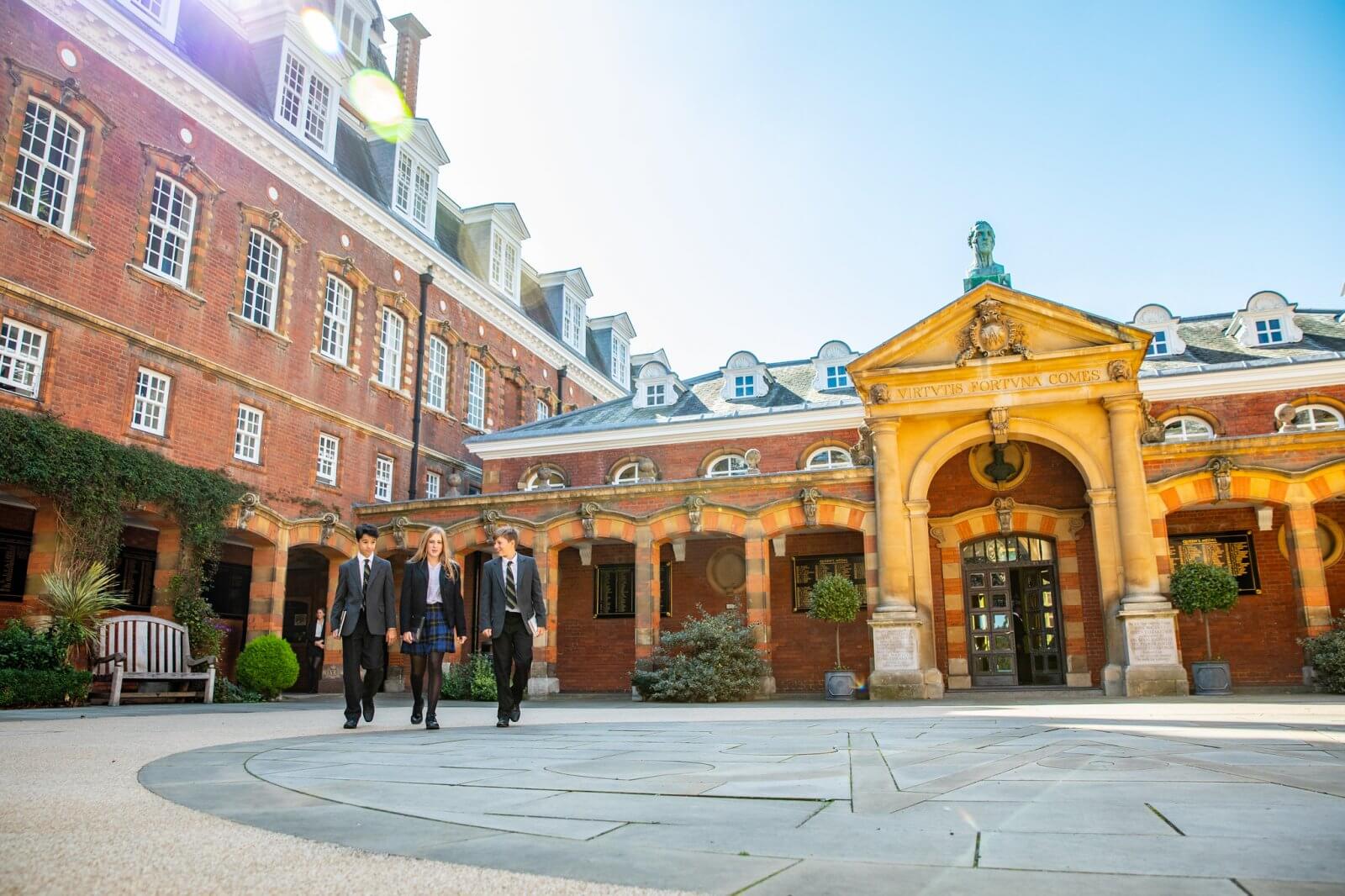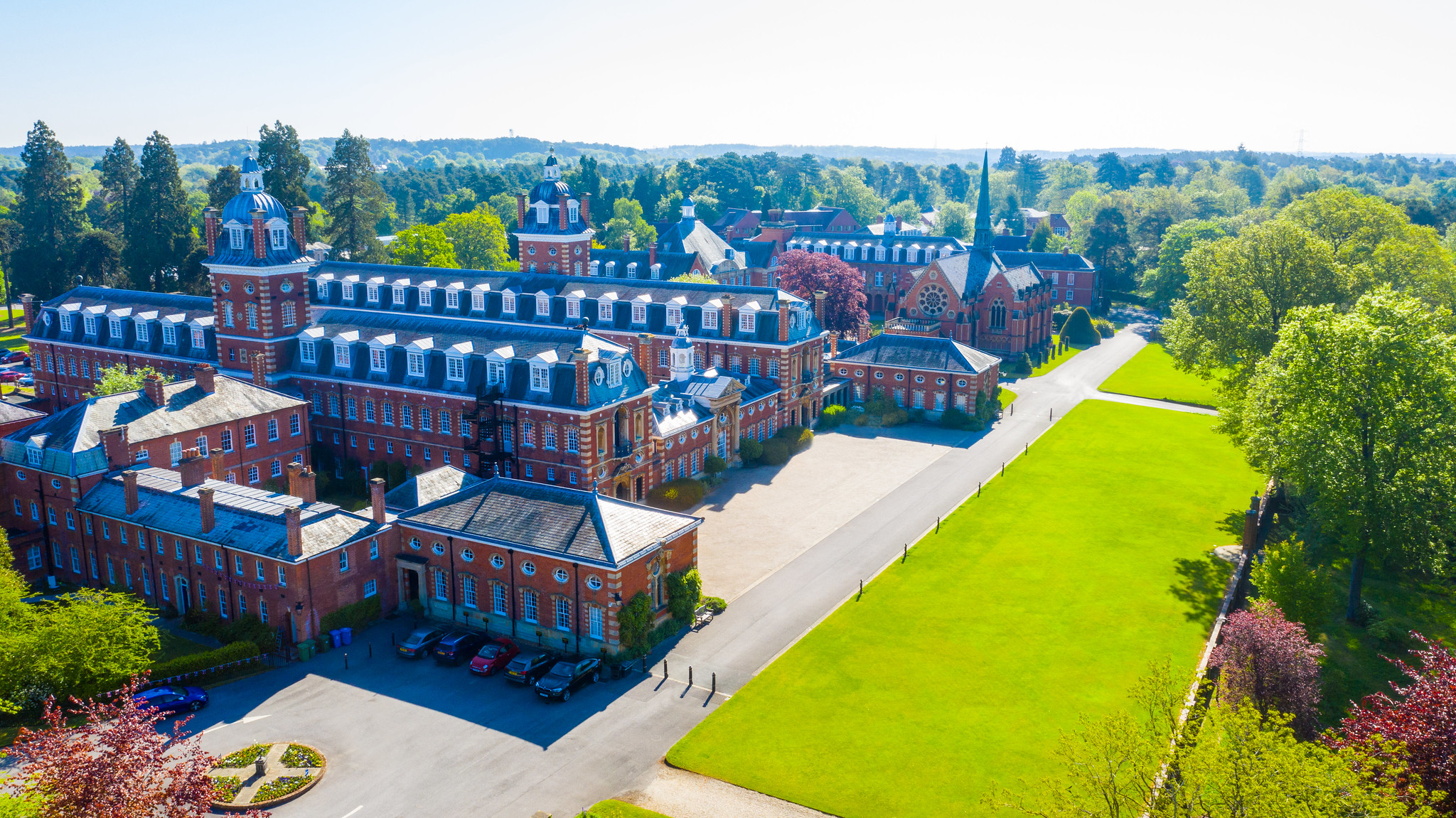Helping Wellingtonians develop control over their own lives is central to our ethos, and this begins in the Third Form when new pupils choose to study three creative and practical subjects from a list of seven: Art, Computer Science, Dance, Design Engineering & Technology, Drama, Music and Physical Education.
Pupils also experience Art, Dance, Drama and Music as Wednesday afternoon activities as they work towards our Bronze Arts Award, not to mention the plethora of creative, physical and practical activities available within the co-curriculum. Quite simply we hope their creative spirit and talents will be nurtured in such a way that they retain a love of art in all its forms for the rest of their lives.
All six subjects are available at GCSE (including Art Textiles) and A Level (including Music Technology). For those studying the IB Diploma, Visual Arts and Music are Group 6: Arts options; Design Technology, Design Textiles, and Sports Science are accommodated under Group 4: Sciences; Art History (Standard Level) is available within Group 3: Humanities; and Literature & Performance (Standard Level) can be studied under Group 1: Language A.
Art
The environment in the Art School enables our students to work in a creative and personal manner, knowing that their endeavours will be encouraged, and their opinions will be listened to and respected. The Art School is open until 7pm each weekday and until 1pm on Saturday so that pupils can fully explore, investigate, and engage with their work in a supportive and congenial environment. Academic extension outside of the taught curriculum provides an essential foundation for a wide range of careers in Art, Design and Architecture and is designed to be genuinely focused creating a fully joined up curriculum.
Individually, we encourage our students to be playful, curious, and open to ideas. These attributes will help nurture the skills to explore the work of artists, designers from different cultural and historical movements. The Art Department is fully committed to incorporating educational visits and trips into its schemes of work to enhance students’ understanding and experiences. Frequent visits, trips and off-site learning may take the form of trips to local or London galleries and established annual residential trips include Paris, St Ives, Florence and Venice.
Future Focused
Our students are encouraged to develop their knowledge and experience of real-world contexts, links to the creative industries and have an awareness of different roles, functions, audiences and consumers of Art. Connecting our students to creative industries is a focus of the department and the annual Arts Careers Evening enables our students the opportunity to seek practical career guidance and advice from people working in the creative industries such as film, media, architecture and fashion. Students who are keen to study Art/Art History at university are supported with their applications through a series of stimulating and challenging extension sessions.
Fine Art, Photography & Textiles
Pupils opt to study Art as an “elective” subject in Year 9 where pupils learn about the different visual elements which then act as tools which the pupils can use in their work. Students have a choice of Art disciplines: Fine Art, Textiles and Photography as separate endorsements at both GCSE and A Level. All Art endorsements follow the Edexcel exam board specifications and IB Visual Arts is offered as part of the IB Diploma in the Sixth Form. All schemes of work have the potential to be adaptable to an individual student’s strength and are intended to form progression of experiences for all our artists. Studying Art in the Sixth Form is about taking more responsibility for one’s own ideas and the development of these ideas through a range of media. Independent study and thought are an important part of the ethos of the Department at this level, Studio Time is timetabled to scaffold and support independent study in the studios.
History of Art
We exist in an environment that is filled with the artefacts of human history: architecture, painting and sculpture. History of Art aims to arrive at an historical understanding of the origins of these artefacts: asking questions about the circumstances of their making, their makers, the materials used, their function and their public reception. History of Art is a journey of discovery across the social, political, religious, economic and artistic history of our humanity that allows you to see the world differently. By investigating the purposes and meanings of these cultural products we better understand ourselves and each other.
Dance
At Wellington, we are proud to have a thriving dance department, offering not only academic study of dance, but also a wide array of co-curricular dance opportunities for all ages and abilities. Academic dance is firmly embedded in the curriculum for all year groups and is a valued and celebrated part of the college.
As part of the weekly academic timetable, we offer a dance elective for Third Form students, giving them a chance to experience and understand dance before having the option to select GCSE, A-Level and/or IB dance; these can be selected in Fourth Form or upon entry to the Lower Sixth. Boys and girls with experience in a variety of genre and training backgrounds can join GCSE Dance, it is not a ‘one style suits all’ and we pride ourselves on using an array of prior training to take them successfully through the GCSE course. It is suited to those with contemporary, ballet, street, ballroom, jazz or modern dance backgrounds, but also to those with martial arts, gymnastics, sports acrobatics or with general sporting or drama ability.
Wellington dance students have gone on to study dance at The University of Surrey and Rambert Dance in recent years, as well as performing professionally with companies such as Matthew Bourne’s New Adventures. While not all students of Dance go on to be performers or choreographers, they will always leave with a developed self-confidence, heightened co-ordination, spatial awareness and agility, excellent skills of observation, the ability to self-reflect and analyse material thoroughly, improved team working skills and a desire to continue to strive for their goals. The intrinsic value of dance is the development of creative, imaginative, physical, emotional and intellectual capacities.
Design, Engineering & Technology
Design and Technology provides the means for pupils to become skilful problem solvers who appreciate the role of technology in everyday life, and who can respond critically and resourcefully to real-life challenges. Pupils learn to design and make, solving genuine, relevant problems within different contexts whilst considering their own and other’s needs, wants and values. Pupils experiment with ideas and research topics, compiling sources, brainstorming issues, sketching possible solutions, making changes, rejecting proposals, creating products and critically evaluating work. Architecture, Product Design, Graphic Design, Electronic and Programmable components are all covered as pupils explore emerging technologies, smart materials and their working properties.
Drama
The Drama Department is a vibrant hub of creativity providing opportunities for pupils to co-operate, and to listen to and accept the viewpoints and contributions of others. The curriculum includes the study of influential practitioners such as Stanislavski, Artaud and Brecht, embracing classical theatre and drawing upon contemporary issues and material to which pupils can relate in the modern world. Pupils learn concepts, techniques and performance skills to present collaboratively devised group work and individual monologues. They also study set texts in depth from the point of view of writer, director, designer and actor. Drama prepares pupils for a world that is increasingly team orientated and allows them to explore emotions, to acquire tolerance and to develop the empathy to inhabit the characters they play. Drama promotes divergent and critical thinking, as well as honing skills in team building, decision-making, problem solving and leadership.
Music
Music is taught by nine full-time and over sixty visiting staff. As well as traditional skills, pupils are encouraged to ask the big questions about the value of culture in our society, and to express their identity through music and the arts. The elective Third Form syllabus involves a holistic approach to musical study in a wide range of styles in which pupils grow independently in performing, writing, appraising and research skills. For those who continue with the subject at GCSE, A Level and IB, music becomes the cultural glue which links sciences, languages and humanities, ensuring that music is part of the intellectual framework of study. Those who follow this route are equipped to go on to Higher Education level if they wish, and many have recently entered University and Conservatoire as music students with a growing number of Oxbridge places and scholarships among our alumni.
Physical Education
Wellington is one of the strongest sporting schools in the country and many pupils are therefore keen to extend their understanding of the word ‘physical’ in both a practical and theoretical way. Those who take PE as a Third Form subject have the opportunity to learn new skills as pupils experience badminton, basketball, handball, squash and volleyball, as well as receiving an introduction to the GCSE course covering bones and muscles, fitness training and technical innovations in sport. The course provides an ideal opportunity for pupils to improve technique, as well as learning how to coach and officiate.








